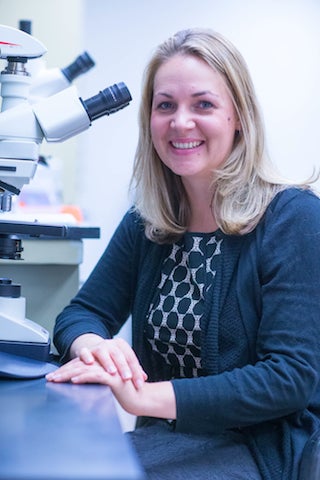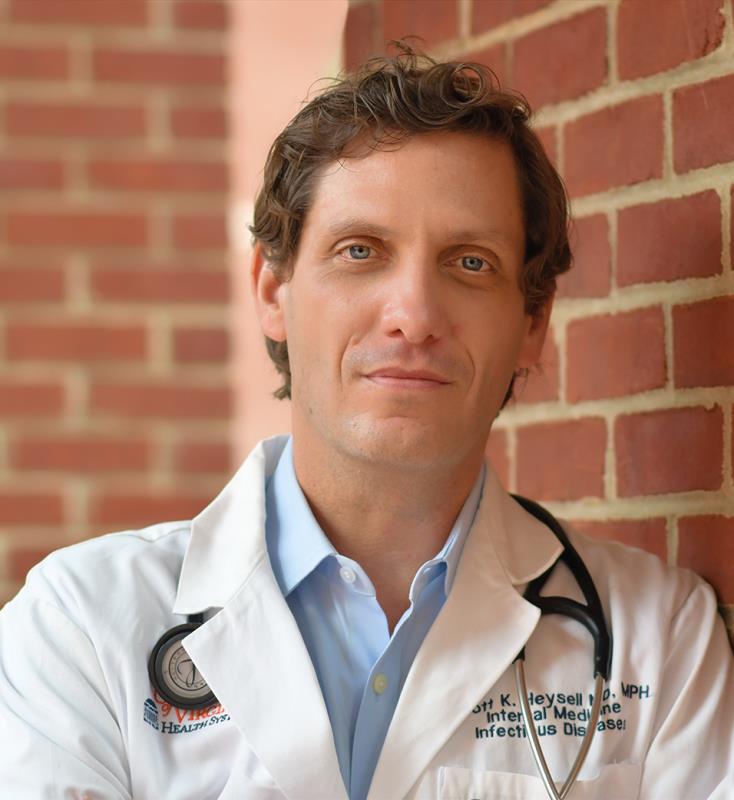6/17/2025
Research in the Güler Malaria Lab focuses on the human-infective malaria parasite, Plasmodium falciparum. Some of our projects are described below: ·We are interested in underlying mechanisms that drive genetic change…
6/17/2025
My research is focused on elucidating the immunoregulatory mechanism by Hepatitis C virus (HCV). HCV is a global health concern causing severe liver disease such as fibrosis, cirrhosis and hepatocellular…
6/17/2025
Many mammalian and viral genes are alternatively spliced and subject to regulation at the post- transcriptional level. However, relatively little is known about the cellular mechanisms for this regulation. We…
6/17/2025
Toxoplasma gondii is an intracellular, protozoan parasite that infects approximately one-third of the world population. The parasite can be acquired congenitally or in adults, through the ingestion of contaminated food…
6/17/2025
Dr. Heysell has field experience in HIV-drug-resistant TB-endemic areas, including rural South Africa, the Kilimanjaro region of Tanzania, and Eastern Siberia. Dr. Heysell's research focuses on supporting partners in TB…
6/17/2025
The goal of the primary research project in the Hughes laboratory is to investigate a select family of host interferon-inducible CXC chemokines known as CXCL9, CXCL10, and CXCL11 as novel…
6/17/2025
6/17/2025
Pathogenesis of Kaposi's Sarcoma-Associated Herpesvirus Kaposi's sarcoma (KS) remains one of the two most common AIDS-associated malignancies and is caused by the human herpesvirus, KSHV, first discovered in 1994. Nevertheless,…
6/17/2025
Chemical and nutrient signaling are fundamental for all cellular processes, including interactions between the mammalian host and the microbiota, which have a significant impact on health and disease. My lab…










